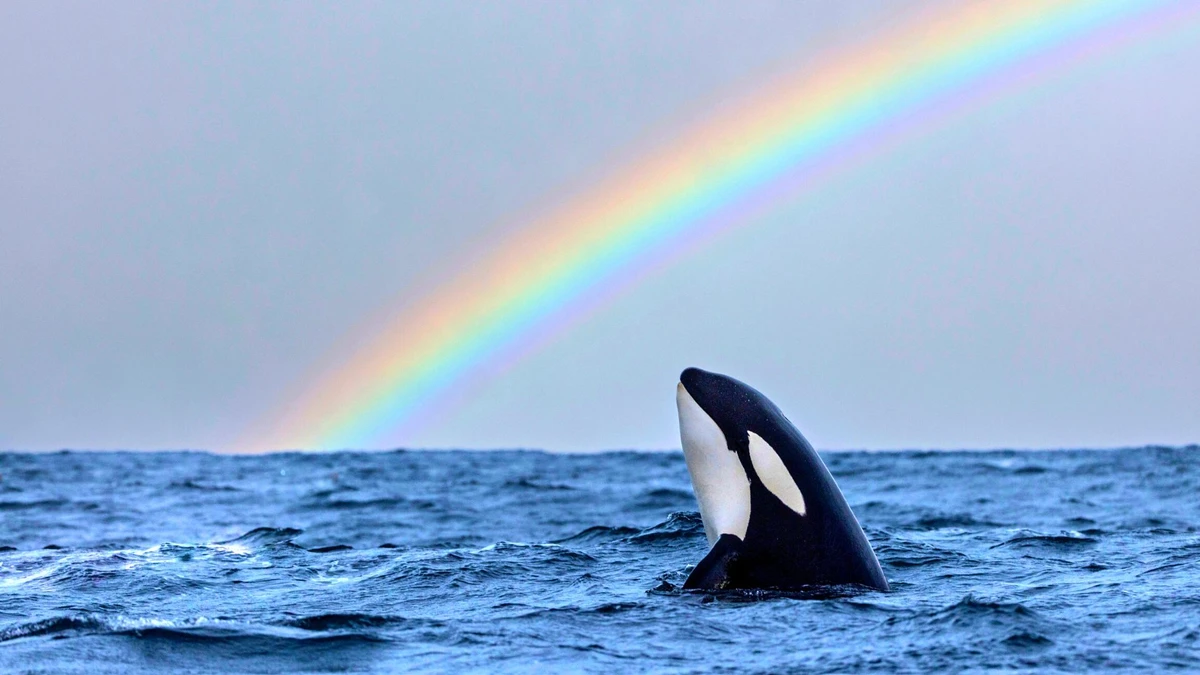“Over 200 long-finned pilot whales were stranded along the beach here and nearby, with 31 found deceased,” reported researcher Ian Wiese from the scene in Melbourne, Australia. Wiese, alongside numerous volunteers, participated in the rescue efforts at Toby’s Inlet near Dunsborough.
“There were well over 200 along the beach here and just nearby, and there’s 31, I think, deceased, but the rest got away, which is an amazing story,” Wiese recounted to the Australian Broadcasting Corp.
He described the initial scene: “When I first arrived, there was, I think, 160 in the water — almost out of the water — and there were a couple of hundred people who were with the whales, they were trying to comfort them and make sure that their heads were out of the water so they could breathe. And then after an hour or so, all of a sudden the ones that were in the water that were still alive left and went out to sea.”
Despite the successful return of many whales to the sea, Wiese acknowledged the possibility of their return to shore but expressed hope for their continued safety.
The Department of Biodiversity, Conservation and Attractions has yet to confirm the rescues, but a team of wildlife officers, marine scientists, and veterinarians had reported earlier findings of 26 dead whales among up to 160 stranded.
Pia Courtis, a regional wildlife officer, noted that the pod of 110 whales offshore was “sticking together” and might approach the beach. However, she cautioned that once stranded, the outlook for pilot whales is often grim, with high mortality rates.
Wiese, reflecting on the event, remarked that it was the best outcome he had witnessed in responding to mass strandings, which he had experienced three times previously.
Despite the tragedy, efforts were made to prevent further ecological disruption, such as removing the carcasses from the water to deter sharks.
Dunsborough, familiar with such occurrences, had experienced a mass stranding in 1996, with a significantly lower mortality rate thanks to successful rescue efforts.
While scientists remain uncertain about the exact causes of whale strandings, various theories suggest confusion in their location systems or potential interference from human-made underwater noise.
